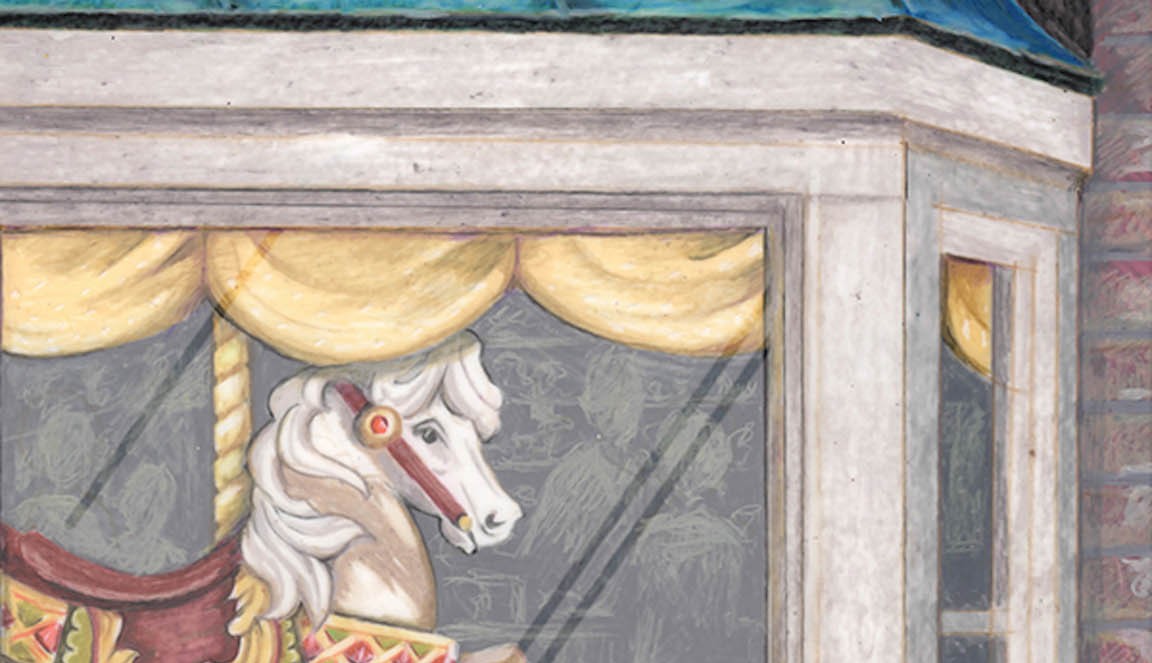Why I love Harry Potter
“I’ve been writing since I was six. It is a compulsion, so I can’t really say where the drive comes from; I’ve always had it. My breakthrough with the first book came through persistence, because a lot of publishers turned it down.” ─ J.K. Rowling
Harry Potter and the Deathly Hallows ─ Part 2 is now in the theaters. I probably will not go see it. I have watched two of the movies on HBO and didn’t really like them. But I did sit in the parking lot of Barnes and Noble for five hours on July 21, 2007 waiting for the doors to open at midnight so that I could buy the book. What I remember best about that experience was how nice everyone was. The crowd ran the gamut of Potter fans: families sitting on blankets with sleeping babies, tweens dressed like their favorite Potter characters, teens who had decided that this was cool and adults like me, who just loved the books. Midnight came, the doors opened, and we walked into the store divided by the sections we were lined up in, and bought the book or books.
My sister-in-law, Marian, introduced me to Harry Potter telling me, “You have to read Harry Potter and the Sorcerer’s Stone.” It is a rare book that is recommended to me that I don’t at least look at. Of course, I bought the book, read it, and then joined the ever-growing number of fans who then spent the next ten years waiting for the next six books to come out.
J.K. Rowling can be admired for many reasons. She followed her passion and triumphed over adversity, and in doing so, she instilled a love of reading, and being read to, in a generation of children who preferred their entertainment to be animated. But, I think her greatest achievement is that she gave us Harry and his friends and set them in a motion in a world that was magical in more ways than one, and because, now, like Huck Finn, Tom Sawyer, Scout Finch and Dill Harris, they will always be with us.
As a writer, I am in awe of what Rowling has done with her characters’ voices, growing them authentically from childhood to adulthood, and then reminding us in the end, through the voices of Harry and Ron’s children, that she hasn’t forgotten how to do it.
I know that you might not agree with me, but from my perspective as a writer, the most complicated and evolved character is Severus Snape. I won’t say more in case you haven’t read the books, but Rowling does a brilliant job of showing you and not telling you why Severus is the man he is.
If you haven’t read the Harry Potter series, give yourself a treat for the rest of the summer and do so. I think I will ─ again!

